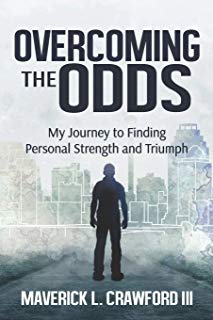CHICAGO — Seyfarth Shaw, one of the city’s largest law firms, occupies nine floors of a skyscraper at 131 S. Dearborn St. Shalonda Sanders is responsible for picking up and delivering packages on each of them, plus keeping certain areas clean. It is a job she cherishes.
Using Topic Cards to Develop Social Skills in ASD Youth
Topic cards are similar to scripts in that they can help students engage in a variety of topics, beyond their own interests. They are different in that they include just a few words that describe a topic that launch a student or group students in a particular direction.

A teacher had created a special lunch group to help a student at the middle school level engage in appropriate teen conversations. She had one main interest and it would dominate every conversation. Her interest was in princesses and everything having to do with them. For most young teen girls, princesses were not much of an interesting topic for them.
The Education (K-12) Blogs and Special Ed Q & A are written and maintained weekly by Lisa Rogers with Educating Diverse Learners. Lisa received her M.A. in Special Education with an endorsement in the area of individuals with severe disabilities. Mrs. Rogers has also created products that have been used throughout the state of Texas for training purposes. Through the Association for Texas Professional Educators [ATPE], Ms. Rogers has produced an online course that targets the importance of visual strategies for student with autism spectrum disorders and just released her highly anticipated book titled: Visual Supports for Visual Thinkers.










